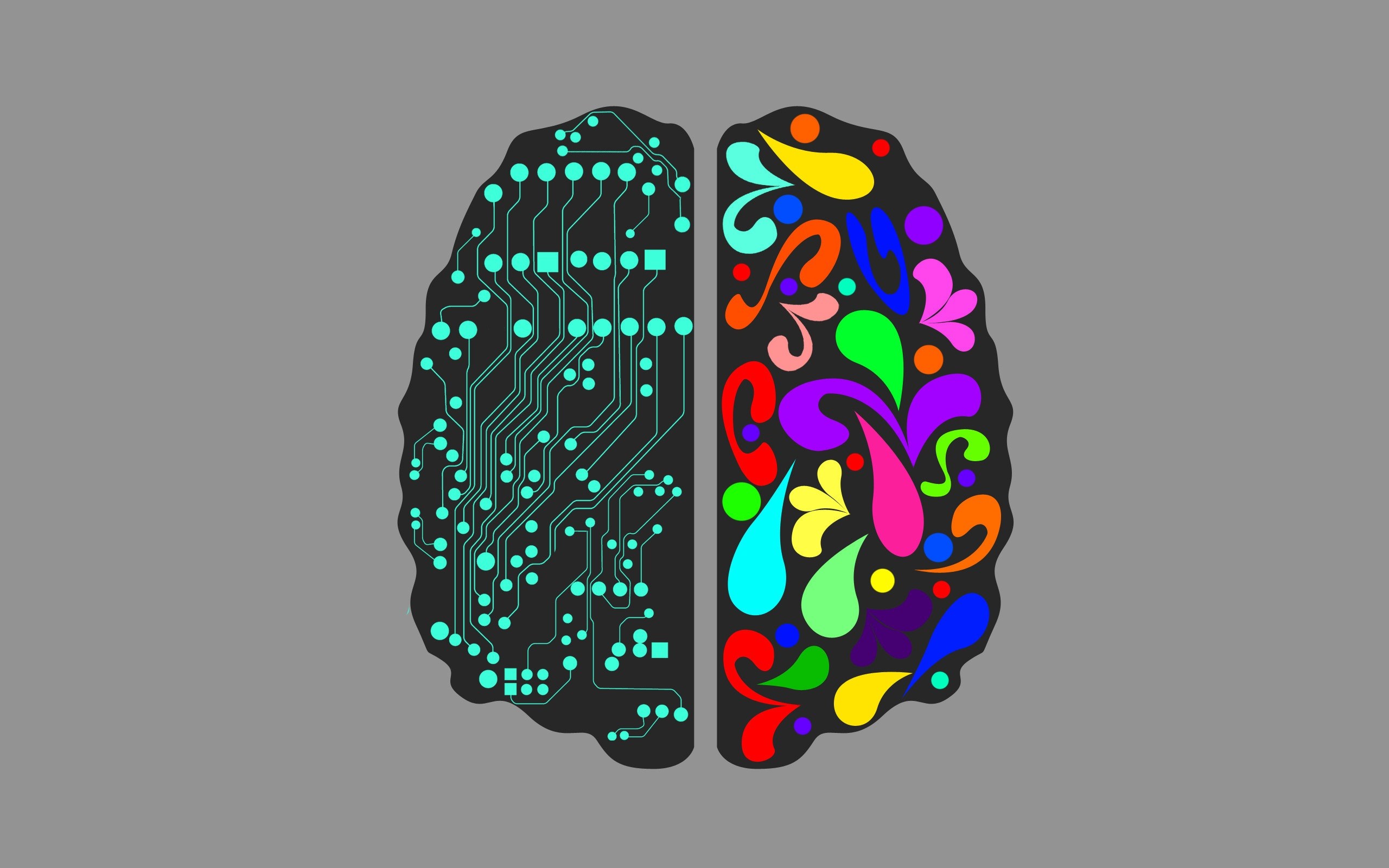Is It Loyalty or Habit?
Marketing theories on loyalty mostly dismiss the idea that consumer's repeated usage of the brand may be a result of a habit, rather than any emotional commitment to the brand. As a result, loyalty marketing often misses one vital component of generating customer stickiness - trying to convert brand choice into a habit. Neuro-imaging suggests that as actions are repeated, the activity in areas of brain involved in decision making actually decreases. This calls for an additional perspective of looking at loyalty as creating a habit loop. It may not involve significant additional resources, but can substantially enhance the effectiveness of the loyalty programs or marketing.



